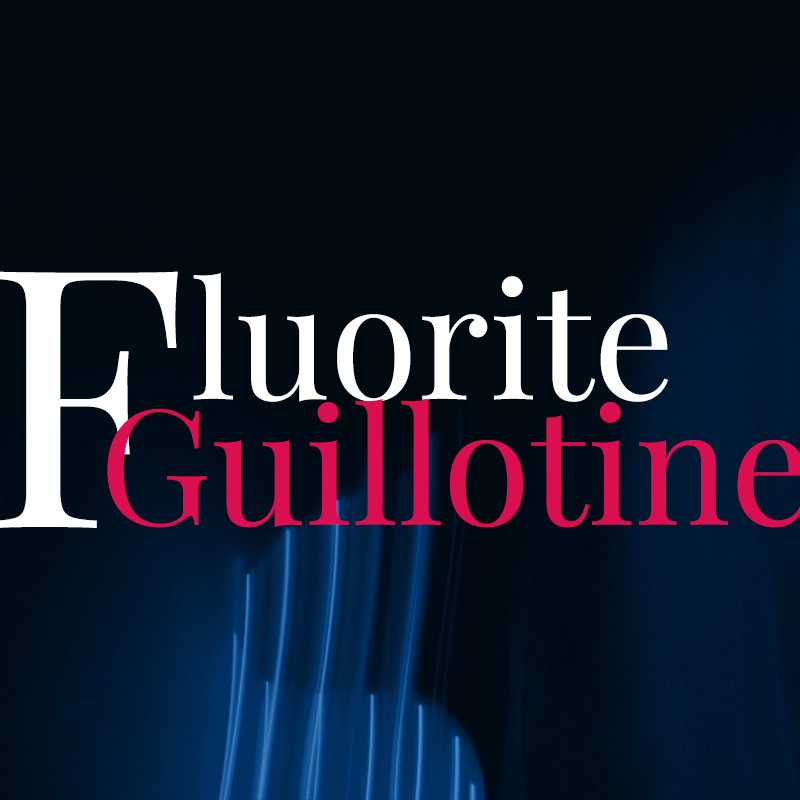I’ve got two ttrpgs I’m cooking in the oven currently. The first is a mecha rpg called Full Metal Bones and it’s been on the backburner while I figure out exactly how I want to differentiate it from other mecha rpgs. The second is a fantasy rpg with the working title The Serket Hack, which officially started development around August 2024, but was conceived earlier that year after Spencer Campbell posted about his Gila Hack.
Those original posts were lost when Campbell left twitter for bluesky, but I still have my notes. The big inspiration is the concept of class progression through narrative accomplishments rather than XP or evenly-split milestones. For example, a Fighter can gain the Blade Dance talent once they have “trapped and tamed the wind, binding it to their scabbard”. The specifics on what this looks like are left up to the player and GM, providing a hook without dictating the method. Other talents are far less abstract, such as the Rip & Tear talent simply requiring the Fighter to “slay a heavily armored foe”.
I really like the way that this gives characters a variety of goals to accomplish, motivating players to seek out and interact with the setting. It feels very anti-lore: the Fighter player has a reason to look for elemental sages and wind spirits alongside their main quest.
This seed of progression combined with a growing sense of dissatisfaction with existing fantasy ttrpgs. I spend a lot of time and effort twisting existing systems to support character archetypes and narratives I’m actually interested in, but it never quite fits right. The only true solution is to dig in and start building my own fantasy heartbreaker. Some people dislike the term — either because of the original author, or because of negative connotations — but I’ve always found the idea romantic.
So what is The Serket Hack?
It’s a game about Fighters in a fantasy world. The word “Fighter” is capitalized for a reason: the players are empowered with the ability to commit violence beyond the limits of ordinary humans. Some Fighters might dedicate themselves to a code of honor, while others might become bandits or swear fealty to a warlord. A normal human can become a Fighter by inheriting the power from a mentor or through a god bestowing a blessing. New Fighters can also be summoned into existence through ritual. While all players start as a Fighter, they may specialize into one of sixteen paths, each with unique mechanics:
- Fighter
- Fool
- Paladin
- Vanguard
- Scoundrel
- Knight
- Squire
- Doll
- Signal
- Adventurer
- Magical Guardian
- Black Mage
- Gunslinger
- Fate Author
- Bartender
- Fae
The world is an aimless reflection of the earth-that-was called the Echolands. It is covered in a dense forest broken by a complex system of rivers and lakes. Navigation by map is impossible, and humanity lives in isolated settlements. One of these settlements is a large nation-state, but most villages are small and insignificant. The wild Echo is filled with monsters and bandits and nefarious gangs. There are evil Fighters and ancient temples to almost-dead gods and faerie courts.
A primary inspiration for the setting is the concept of the jianghu from wuxia stories. I want to establish a world with enough detail to have a personality, but still be malleable enough for a playgroup to mold into their own unique setting. The world is shifting and un-mappable to canonize an infinite amount of player-created maps. In another sense, the Echolands are a version of the wild west: beyond the limits of a settlement, the only law is the rule of strong. Justice is upheld by individuals who take matters into their own hands. Community is incredibly important; isolated villages have to depend on themselves to survive.
The concept of power as a physical object, transferable from mentor to mentee, was inspired by the LEGO Bionicle lore. Legacy and Destiny — past and future — are the crucible that Fighters are forged in. Whether inherited, bestowed, or summoned, I want players to have an anchor to their place in the world they can build their character from. This anchor doesn’t have to be a limitation on character, but it can be a source of conflict as they struggle with it like a greek hero.
Part of the reason I made this blog is to force myself to do some writing every week, and The Serket Hack is my ultimate goal right now. I want to get my thoughts down on digital paper and explore its fictional space as part of the writing process.
